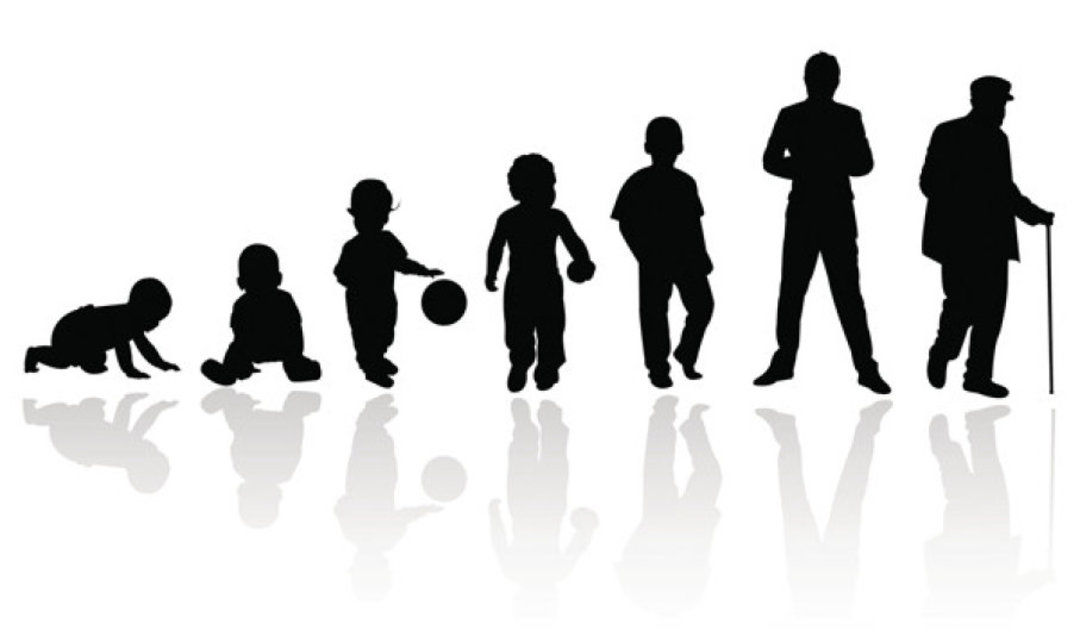
Question: I am writing regarding my father. My father is an extremely bright person and a professional who has been working the same job for many years. As he has recently entered his 60’s I notice that he just seems to be very down. My youngest sister recently got married an there is no one living at home any more. I also see that the younger people seem to be advancing in his company while his career seems to be stalled. I am not sure exactly what is going on or what I can do about it but there is cleverly a real change in his mood over the last few months and would appreciate your insight and direction. Thank you.''
It is not unusual for a person at this stage in the lifespan to experience feelings of loss. Over the past few decades, his primary role has been that of a direct caregiver to children, but as the children grow and leave the nest, this ends. In addition, one’s physical strength may not be the same as it used to be. He also may experience professional obsolescence. Furthermore, as he reflects on his life, he may acutely recognize missed opportunities, unfulfilled potential, and unrealized goals.
If some of the above loss factors are accurate to explain your father’s struggles, your response should be similar to those struggling with grief and loss. Try to identify with and be understanding of your father’s feelings. Some things he says may be painful for a child to hear. He may complain about his situation and/or express disappointment related to his aging. Don’t distract him or change the subject. Instead, allow him to talk and be empathetic and understanding. This can be very difficult for a child to do as a child needs to idealize a parent and look towards him as a source of strength and security.
There is a fundamental difference between what sociologists refer to as individualistic vs. collectivistic cultures. Individualistic cultures, such as those of the United States and Western Europe, emphasize personal achievement even at the expense of broader family and community goals. Collectivist cultures, on the other hand, emphasize family and community goals above individual needs and desires. Yiddishkeit has always emphasized collectivistic family and group values, even at the expense of the individual. We need to connect with our essence here and not, chalila, allow for situations where children marry, move on, and allow for parents to become irrelevant. Perhaps consult with your siblings and possibly arrange for one child to spend intimate time with your parents weekly (and ignore their protestations; they will appreciate the visits). Ask your father for advice and confide in him. And, finally, allow your father to transform into a new role: someone who has accumulated wisdom based on his life’s experiences who can now guide the younger generations. If your generation can cultivate within yourself a healthy reverential attitude, your children will hopefully learn from your example and relate to their own grandparents appropriately.
Your father is fortunate that his child is as concerned about his wellness as your appear to be. May you merit arichus yamim as the Torah promises to all who are Michabed Av V’eim.
I thank my colleague Noam Frankel, LCSW for his input.
Originally appeared in Yated Ne'eman
 Previous
Previous

